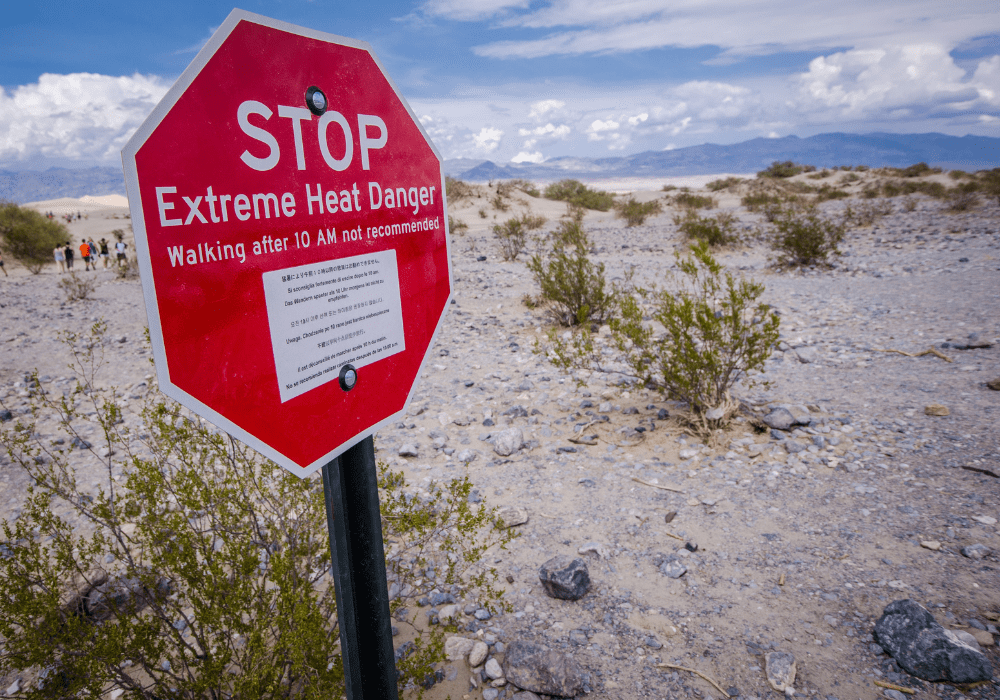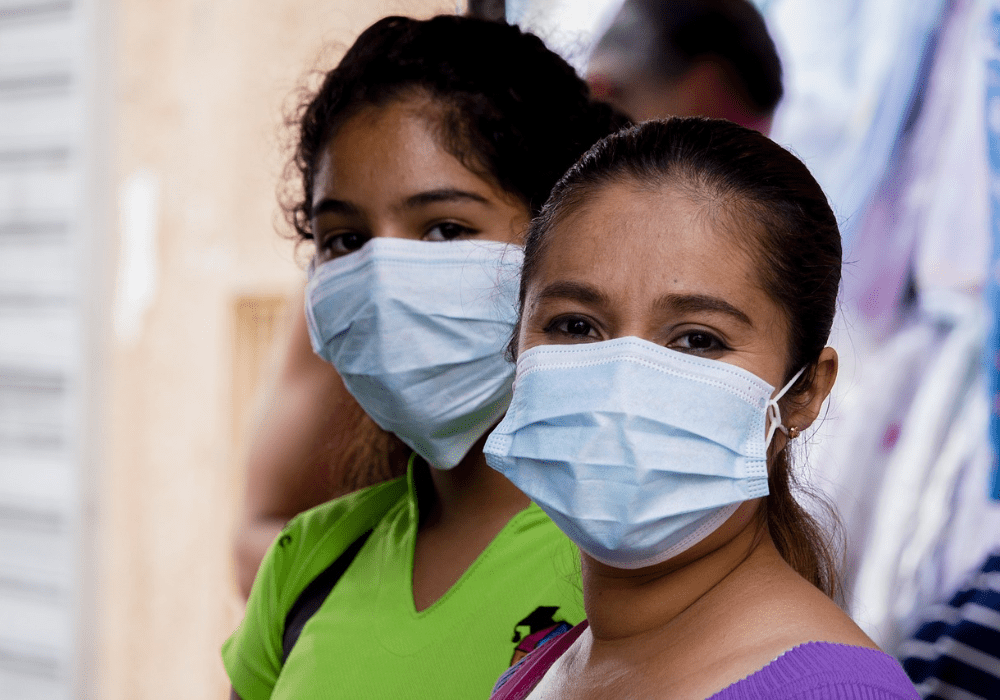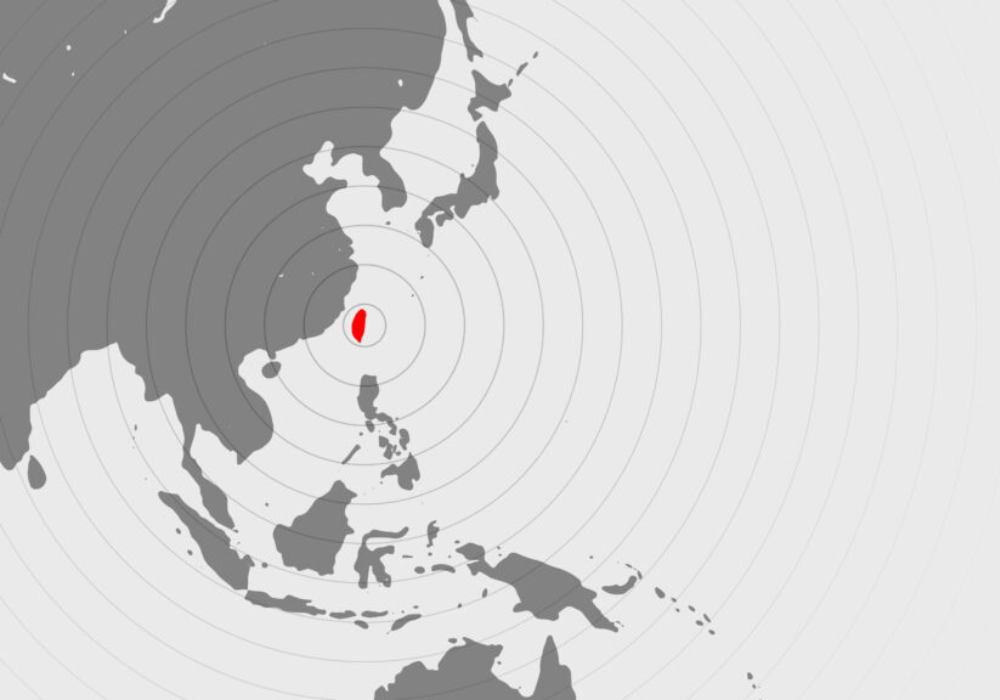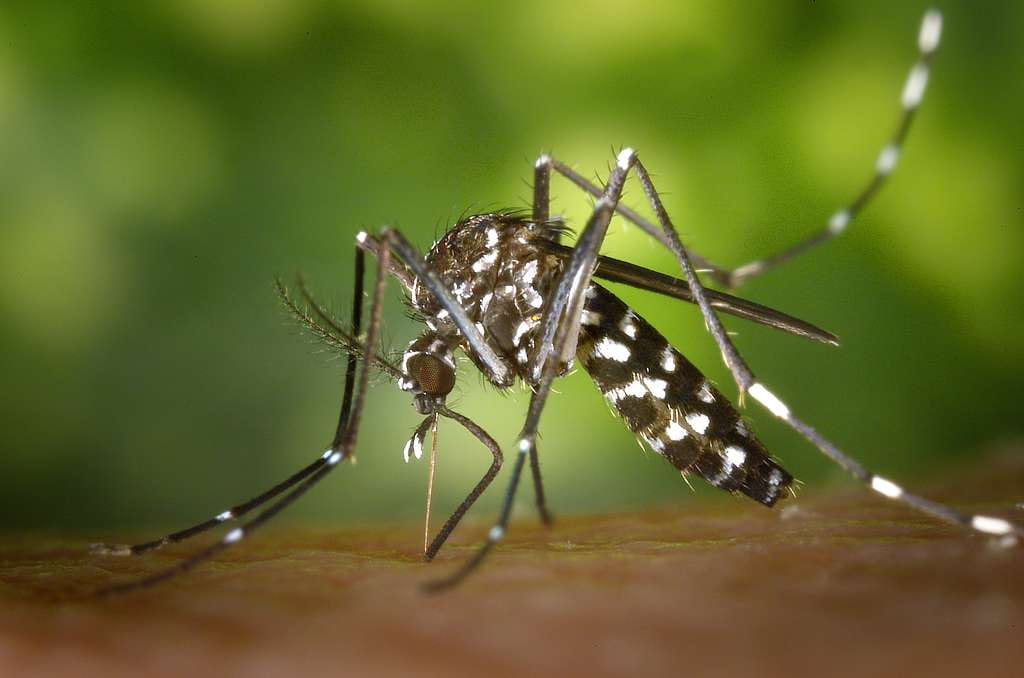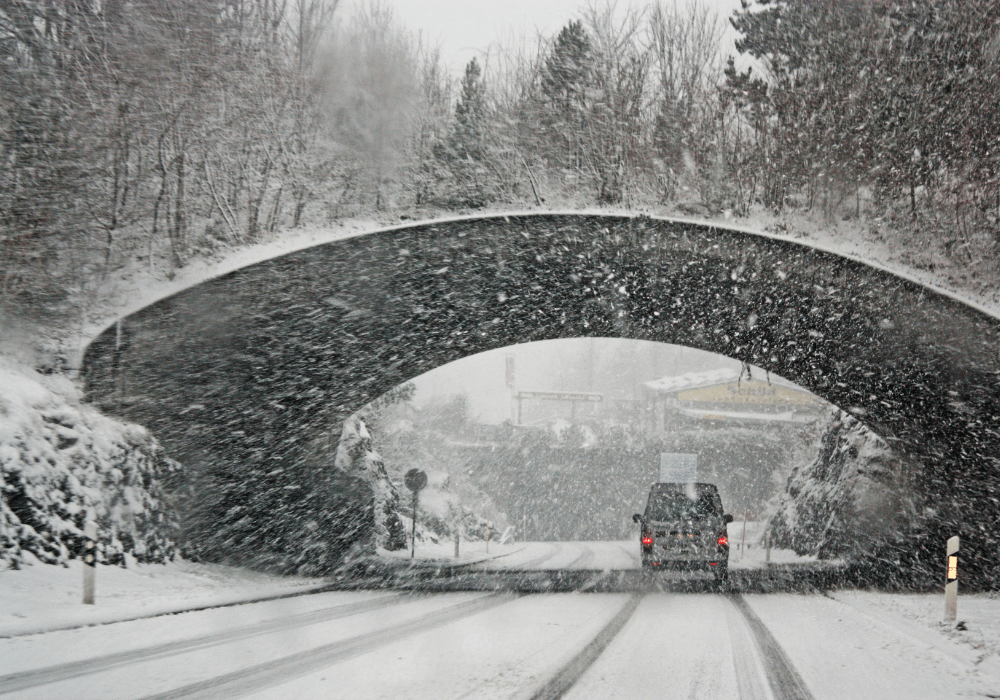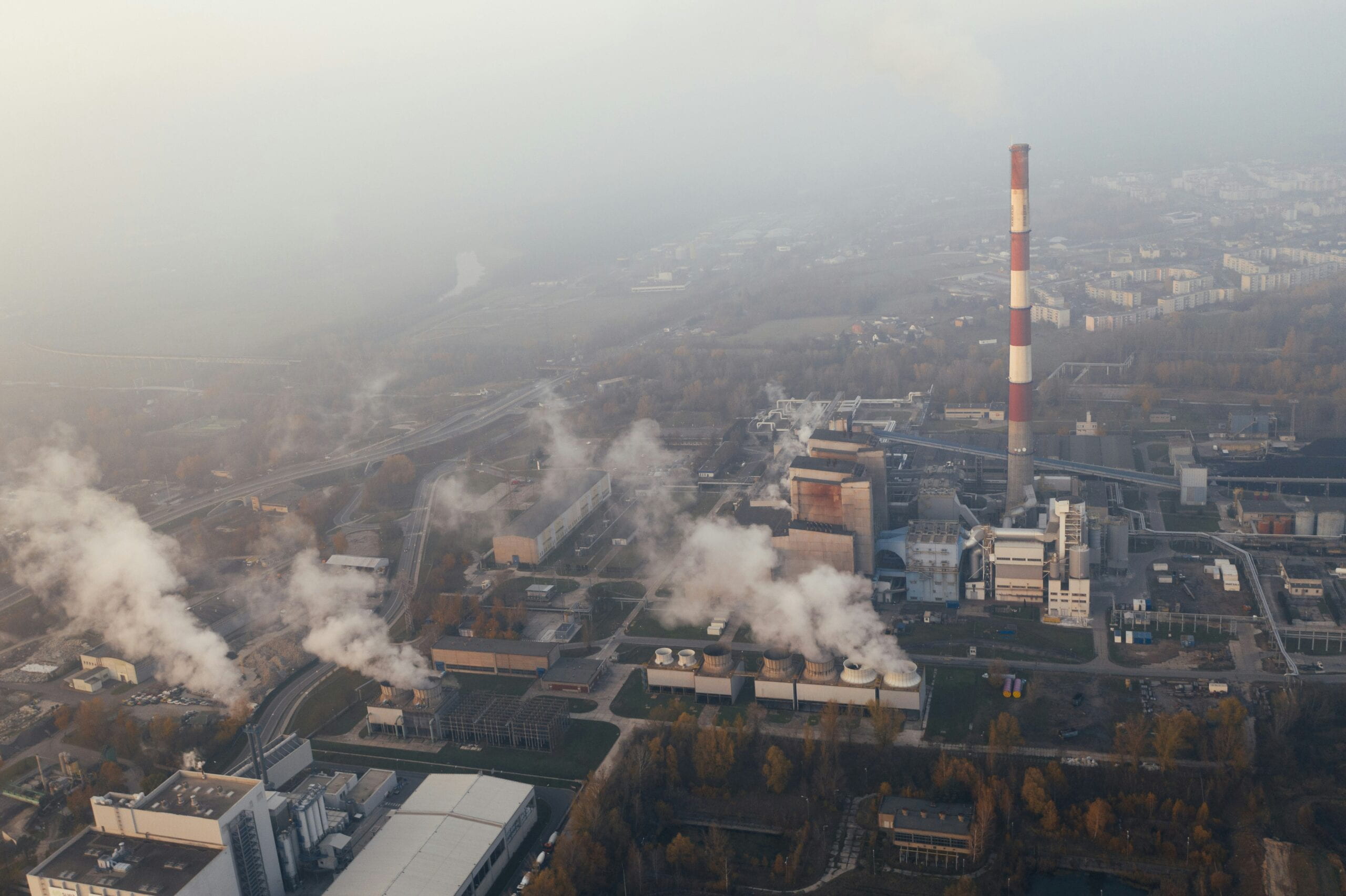
While the negative consequences of social media use have been well documented, researchers at the University of Illinois at Urbana-Champaign discovered a surprising benefit in its ability to inform the public about climate change risks and disaster preparation. The research demonstrates how those more socially connected to regions impacted by natural disasters are more likely to be prepared for climate tragedies in the future.
Continue reading “Research Finds Benefits of Social Media in Disaster Preparedness”
